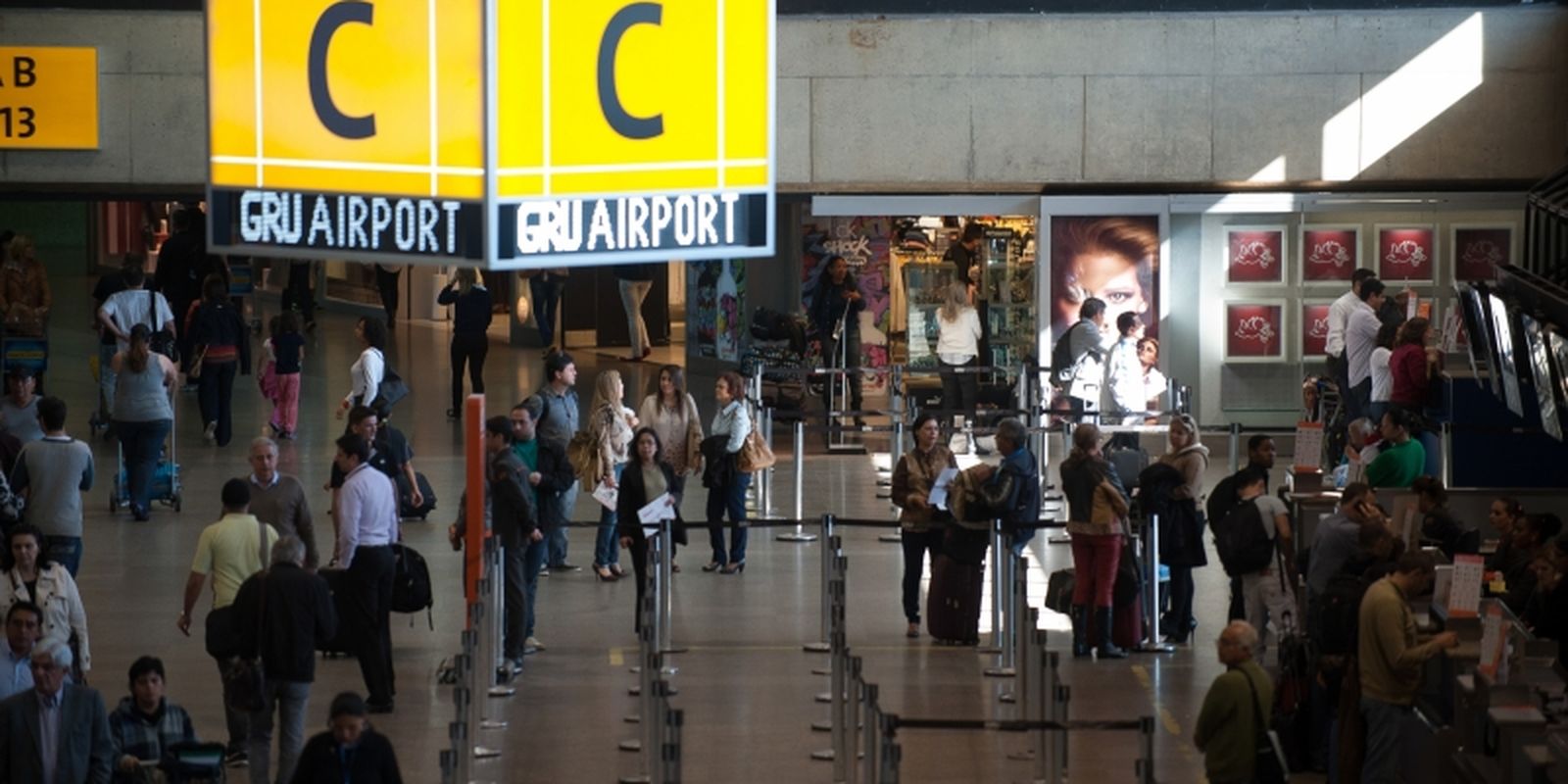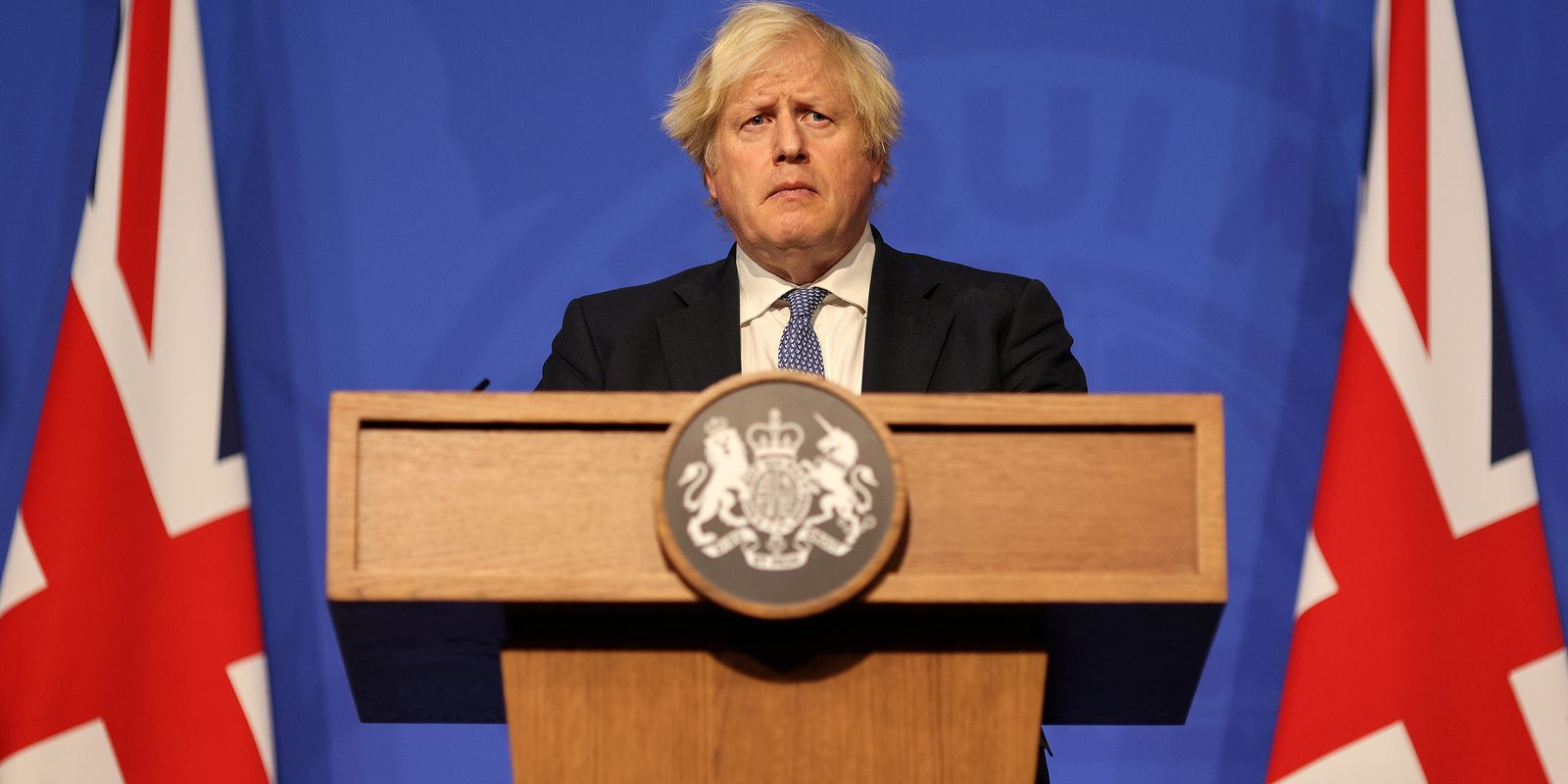“HToday, a Portuguese girl, from LiUNA (construction union), from Toronto, reached a second place, very close to the first”, said Ana Bailão in her speech, in Portuguese, after learning the results final of the election.
Former NDP federal deputy (left) Olivia Chow was elected with 37.2% of the vote, Bailão, the former vice-president of the municipality, obtaining 32.5%, with 231,300 votes.
The Portuguese-Canadian spoke after the result was known to an audience, largely made up of Portuguese-speaking fans, to praise everything she learned in the community, saying she was “very grateful” .
“I’m grateful for everything I’ve learned in this community, for everything they’ve given me, not only during this election campaign, but also throughout my career. Everything I’ve learned comes from this community, I am extremely grateful,” she said.
Hundreds of supporters of Ana Bailão gathered in a commercial space on College Street in Toronto, which served as the Luso-Canadian headquarters on Monday evening.
“It was an unexpected campaign, nobody expected this election, we set up this campaign very quickly, but very robust, almost managing to win the election, with a fantastic second place, which no one gave in the polls”, he underlined in press releases to the Portuguese-speaking communication.
For the Luso-Canadian, these elections have always taken place just between “Olívia Chow and Ana Bailão”, contrary to what the polls suggested, where other candidates emerged at the top of the table.
Ana Bailão even led election night by nine thousand votes, driving supporters to delirium.
Born in Vila Franca de Xira (Lisbon), the Canadian of Portuguese origin has been in Canada since the age of 15.
According to the Toronto Municipal Elections Office, 724,638 votes were cast after counting the 1,451 polling stations.
The midterm elections have been scheduled following the resignation in February of “mayor” John Tori, following a scandal, after the mayor confirmed having had an intimate relationship with a former employee.
The next municipal elections in the province of Ontario will take place in three years.
Read also: A Luso-Canadian tries to become president of the largest Canadian city

“Freelance communicator. Hardcore web practitioner. Entrepreneur. Total student. Beer ninja.”







